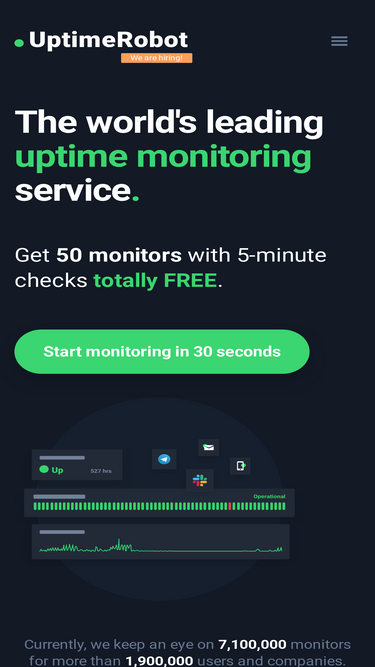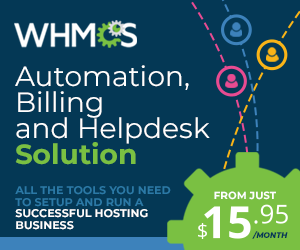
Top 15 Cloud Computing Trends 2024
 manoharparakh
Member
manoharparakh
Member
In 2024, the cloud computing landscape is set to undergo significant transformations, with 15 key trends shaping the industry's future:
1. Edge Computing: Empowering Real-time Data Processing
- Edge computing will play a crucial role, enabling real-time data processing by processing data at the network's edge, close to data sources.
- This integration will offer faster decision-making, enhanced user experiences, and efficient data transmission.
2. Multi and Hybrid Cloud Solutions: Harnessing Cloud Diversity
- Businesses will increasingly adopt multi and hybrid cloud solutions to optimize workloads, ensuring control over data.
- This approach offers flexibility, scalability, and cost-efficiency, enhancing overall productivity.
3. Cloud Security and Resilience: Safeguarding Business Operations
- With security and resilience as top priorities, cloud providers will advance data encryption, access controls, and disaster recovery capabilities.
- Sophisticated security features will protect sensitive data in-transit and at-rest.
4. The Role of Blockchain in https://letshosttalk.com/index.php?p=/post/discussion Cloud Computing: Revolutionizing Data Management
- Blockchain technology's integration will offer enhanced security, transparency, and decentralization.
- Businesses will increasingly leverage Blockchain-as-a-Service (BaaS) solutions for streamlined implementation.
5. Internet of Things (IoT): Enabling Connected Systems
- Integration of IoT with cloud computing will manage the vast data volumes generated by IoT devices.
- Cloud-based solutions will ensure data security, allowing businesses to derive valuable insights.
6. Kubernetes and Docker: Streamlining Cloud Application Deployment
- Kubernetes and Docker will continue to transform cloud management, offering scalability and flexibility.
- The adoption of containerization practices will streamline development processes and accelerate time-to-market.
7. Artificial Intelligence (AI) and Machine Learning (ML): Driving Data-driven Insights
- AI and ML will streamline business processes, reduce human error, and enhance system reliability.
- These technologies will become more automated and self-learning, creating new opportunities for businesses.
8. Automation in Cloud Computing: Enhancing Efficiency and Reliability
- The adoption of automation technologies will increase, driven by investments, user-friendly tools, and AI integration.
- Automation will further streamline operations, reducing the risk of system slowdowns or downtime.
9. Citizen Developer Tools and AI Integration
- The emergence of tools for citizen developers will democratize automation, simplifying the development process.
- These tools will allow non-coders to create customized automation solutions.
10. Data Analytics and GPU: Transforming Cloud-based Computing
- Cloud computing will process large data volumes using Graphics Processing Units (GPUs) for extensive parallel computing.
- GPUs offer the computational power needed for real-time analysis and insights.
11. Open-Source Cloud: Customization and Control at Scale
- Open-source cloud providers will gain popularity as they offer greater customization, scalability, and cost optimization.
- These platforms provide the flexibility to tailor cloud environments to unique business needs.
12. Low-code/No-code Cloud Services and Cloud Native Applications
- Low-code/no-code services will simplify application development without extensive technical expertise.
- Cloud-native applications designed for the cloud environment will enhance performance and scalability.
13. DevSecOps and Service Mesh: Integrating Security into Development
- DevSecOps practices will ensure that security measures are implemented throughout the software development process.
- Service mesh solutions will centralize the management of microservices-based architectures, enhancing scalability and reliability.
14. Disaster Recovery in the Cloud: Ensuring Business Continuity
- Cloud-based disaster recovery solutions will minimize downtime and data loss, ensuring business continuity.
- These solutions offer a reliable and scalable infrastructure to safeguard operations.
15. Serverless Computing and Green Computing Initiatives: Efficiency and Sustainability
- Serverless computing will gain traction, reducing infrastructure costs and improving scalability.
- Cloud providers' commitment to green computing initiatives will contribute to sustainability, with a focus on energy efficiency and minimizing carbon footprints.
These trends collectively pave the way for a dynamic cloud computing landscape in 2024, offering businesses opportunities for innovation, cost-efficiency, and sustainable growth in a competitive digital world.
For more information, contact Team ESDS through-
Email: [email protected] | Toll-Free: 1800 209 3006 | Website: https://www.esds.co.in/

Howdy, Stranger!
It looks like you're new here. If you want to get involved, click one of these buttons!
Quick Links
Categories
- 7.2K All Categories
- 98 Announcements
- 1.5K General Talks
- 1K Shared Hosting Offers
- 251 Reseller Hosting Offers
- 2.6K VPS Hosting Offers
- 240 Cloud Hosting Offers
- 1.1K Dedicated Server Offers
- 13 Hybrid Server Offers
- 3 Colocation Offers
- 40 Domain Name Offers
- 4 Hosted Email Offers
- 79 Search Engine Optimization
- 275 Other Hosting Offers
- 45 Tutorials
- 54 Black Friday and Cyber Monday and Celebration Offers






